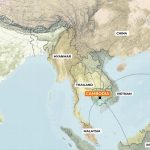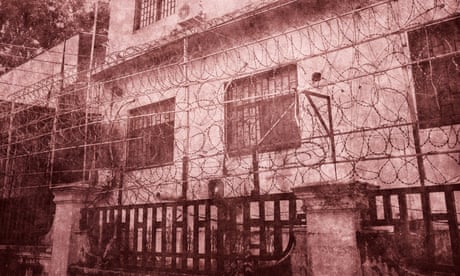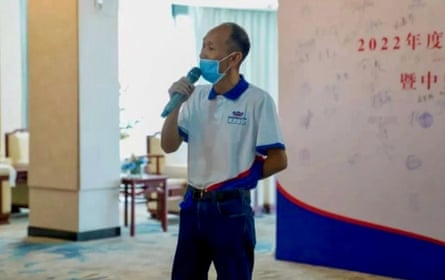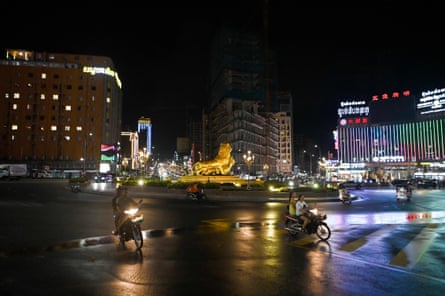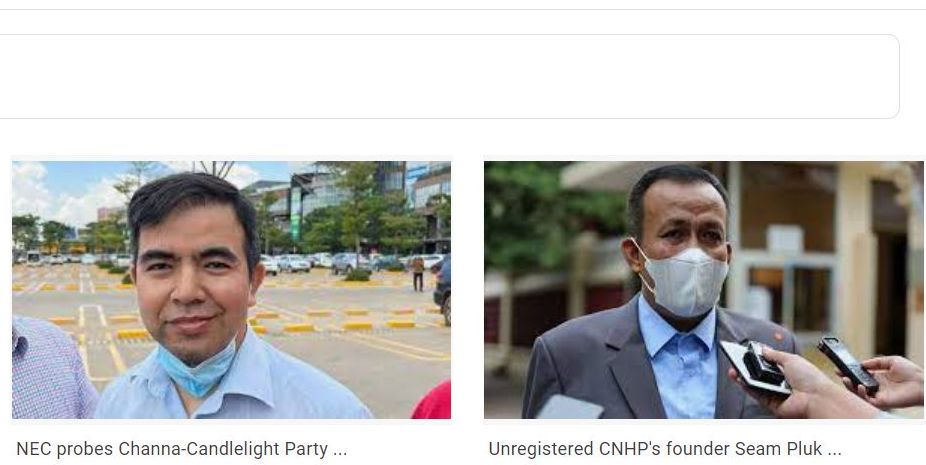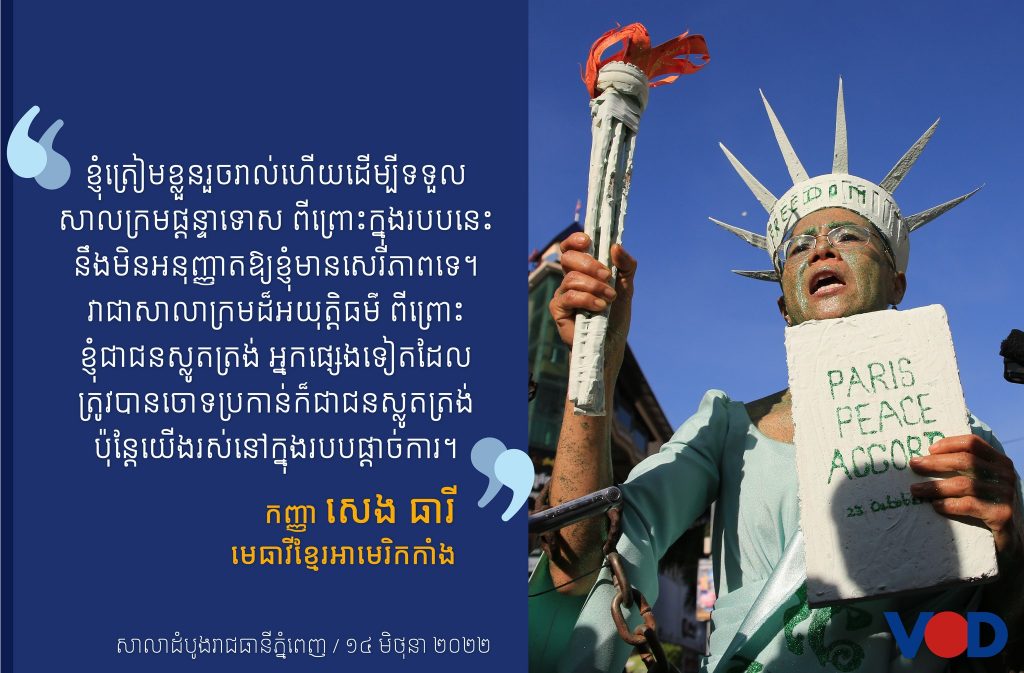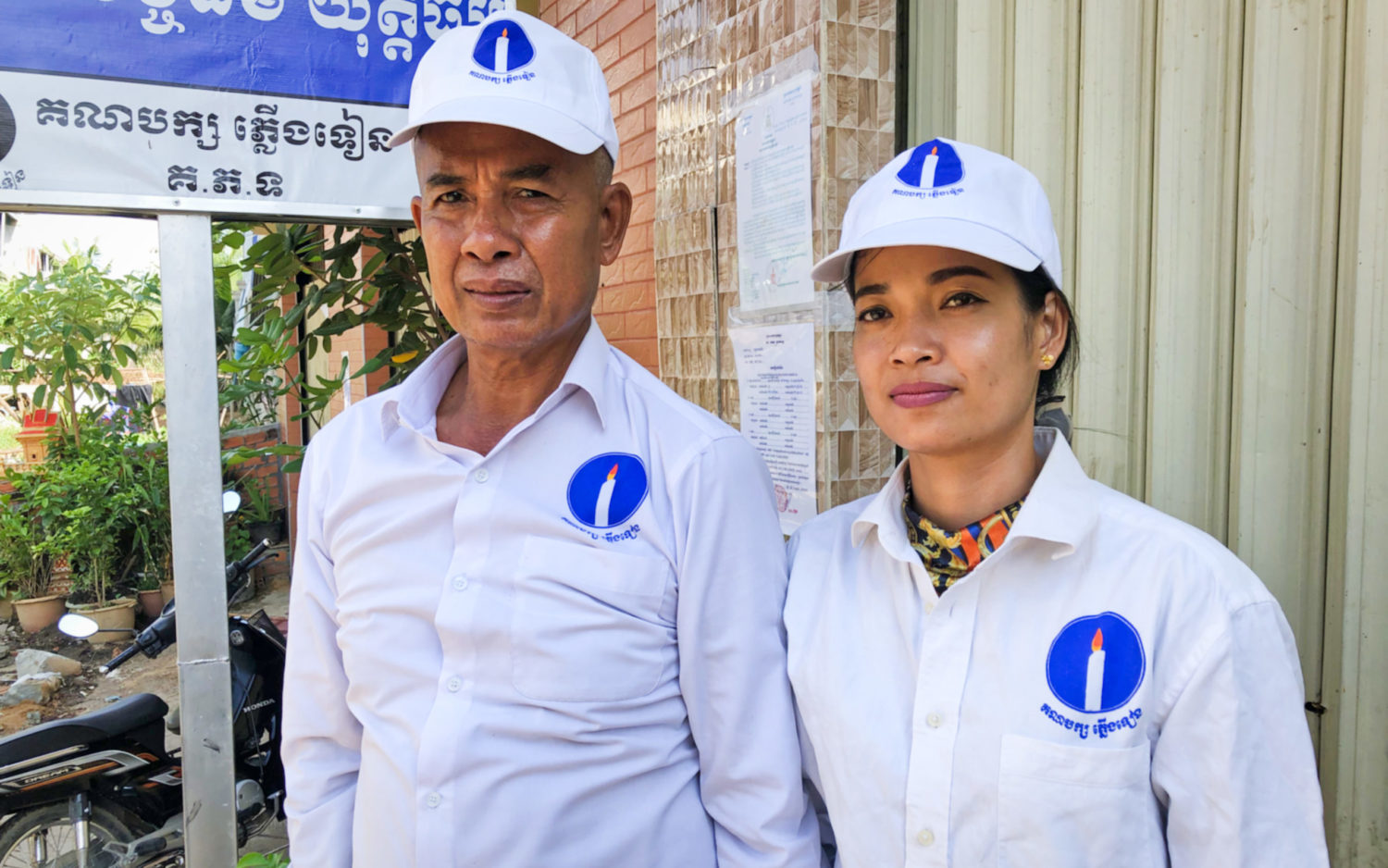សំណួរប្រឡងវិទ្យាសាស្រ្តនយោបាយ
សំណួរ-ចំលើយ ប្រឡងវិទ្យាសាស្រ្តនយោបាយ រៀបរៀងដោយលោកសេង សុភ័ណ
១-ចួរពន្យល់ពីទស្សនៈទូទៅជុំវិញអត្ថន័យនយោបាយ?
-នយោបាយគឺជាឧបាយក្នុងការកែច្នៃធនធានជាតិ(nation wealth) និងការអនុវត្តន៍ប្រព័ន្ធច្បាប់(national legal system)ដើម្បីផ្តល់សេវាកម្មល្អបំផុតដល់ប្រជាពលរដ្ឋនិងប្រទេសជាតិ។ ឧត្តមគតិអ្នកនយោបាយគឺជាឧត្តមគតិកសាងគំរូល្អសម្រាប់អនុជនជំនាន់ក្រោយនៅពេលខ្លួនកំពុងមានអំណាចគ្រប់គ្រង។

នយោបាយមិនមែនជាគំនិតរវើរវាយថាជារឿងរបស់វណ្ណៈអ្នកគ្រប់គ្រងដែលត្រូវតែប្រើអំណាចដើម្បីគ្រប់គ្រងប្រទេស ដើម្បីរៀបចំសណ្តាប់ធ្នាប់ក្នុងប្រទេស ដើម្បីប្រមូលធនធានក្នុងការអភិវឌ្ឍប្រទេស ហើយក៏ជាតួនាទីរបស់អ្នកនៅក្រោមការគ្រប់គ្រងដែលត្រូវតែស្តាប់បង្គាប់ និងប្រតិបត្តិតាមដោយម៉ឺងម៉ាត់នូវវិន័យ និងច្បាប់ នោះទេ ពីព្រោះទាំងអ្នកអភិរក្សនិយម(conservatives) ទាំងអ្នកសេរីនិយម(liberals) និងអ្នកទំនើបកម្មនិយម(modernists) សុទ្ធសឹងតែសំឡឹងឃើញនយោបាយជាវិធីសាស្ត្រឈានទៅរកការផ្លាស់ប្តូរជាវិជ្ជមានក្នុងសង្គម(positive changes in a society)។ ហើយនយោបាយមិនមែនជារឿងស្វែងរកអំណាចដើម្បីប្រើអំណាចទាំងនោះដោយខ្វះទំនួលខុសត្រូវនោះទេ ហើយក៏មិនមែនជាការស្វែងរកផលប្រយោជន៍សម្រាប់ខ្លួនឯងតាមការយល់ឃើញរបស់មហាជនមួយចំនួននោះដែរ ព្រោះការយល់ឃើញបែបនេះអាស្រ័យដោយអ្នកទាំងនោះធ្លាប់បានទទួលរងសម្ពាធពីនយោបាយបុគ្គលដែលមានជំនឿបែបនេះ មានអារម្មណ៍ស្អប់ខ្ពើមនយោបាយ ហើយមិនចង់ចូលរួមពាក់ព័ន្ធតែប៉ុណ្ណោះ។
តាមទស្សនៈប្រជាជនសាមញ្ញដែលឆ្លងកាត់ប្រវត្តិនយោបាយខុសនិងនយោបាយអមនុស្សធម៌ យល់ឃើញថា នយោបាយគឺជាការបោកប្រាស់ និងជាការងារខ្មៅកខ្វក់។ តែតាមពិតប្រជាជនសាមញ្ញទាំងអស់នោះគឺជាផ្នែកមួយនៃទំនួលខុសត្រូវនយោបាយខុសនិងនយោបាយអមនុស្សធម៍ទៅតាមច្បាប់កិច្ចសន្យាសង្គមនយោបាយ។
- អ្នកប្រាជ្ញដ៏ល្បីឈ្មោះផ្នែកនយោបាយគឺលោកហ្សង់ហ្សាក់ រ៉ូសូ(Jean-Jacques Rousseau) បានអោយនិយមន័យនយោបាយថានយោបាយគឺជាកិច្ចសន្យាសង្គម(social contract)ដែលអ្នកមានអំណាចនិងប្រជាជនមិនអាចផ្តាច់ចេញពីគ្នាបានទេ ពួកគេគឺជាចលករនយោបាយមួយបង្កើតអោយមានវប្បធម៌នយោបាយនៃការធានាដល់សិទ្ធិសេរីភាព(rights and freedom) សមភាព(equality) យុត្តិធម៌(justice) និងប្រយោជន៍សុខដល់សាធារណៈ(public goods) ដោយមិនរើសមុខ។
- ២-តើវិទ្យាសាស្រ្តនយោបាយមានប្រភពសំខាន់ៗអ្វីខ្លះ?
- ១- ទស្សនៈនយោបាយ
- ក- ប្រវត្តិនៃគំនិតនយោបាយ
- ខ- ទស្សនៈនយោបាយ
- ២- ស្ថាប័ននយោបាយ
- ក- រដ្ឋធម្មនុញ្ញ
- ខ- រដ្ឋាភិបាលកណ្តាល
- គ- រដ្ឋាភិបាលក្នុងតំបន់ និងមូលដ្ឋាន
- ឃ- រដ្ឋបាលសាធារណៈ និង គោលនយោបាយសាធារណៈ
- ង- មុខងារនៃសេដ្ឋកិច្ច និង សមាសភាពនៃរដ្ឋាភិបាល
- ច- ការប្រៀបធៀប និង ការវិភាគនៃស្ថាប័ននយោបាយ
- ៣- ក្រុមគណបក្ស និង មតិយោបល់សង្គម
- ក- គណបក្សនយោបាយ
- ខ- ក្រុមមនុស្ស និង សមាគម
- គ- ការចូលរួមរបស់ប្រជាជនក្នុងរដ្ឋាភិបាល និង រដ្ឋបាល
- ឃ- មតិយោបល់របស់សង្គម
- ៤- ទំនាក់ទំនងអន្តរជាតិ
- ក- ទស្សនៈនៃទំនាក់ទំនងអន្តរជាតិ
- ខ- នយោបាយអន្តរជាតិ
- គ- ច្បាប់អន្តរជាតិ
- ឃ- នយោបាយ និង អង្គការអន្តរជាតិ
- ១- ទស្សនៈនយោបាយ
- ៣-ចូរពន្យល់ពីពុទ្ធិនយោបាយមានប្រភពសំខាន់អ្វីខ្លះ?
- -ពុទ្ធិនយោបាយមានសារៈសំខាន់២គឺ សម្រាប់បុគ្គល និង សម្រាប់សង្គមទាំងមូល :
- សម្រាប់បុគ្គល
- -ដើម្បីចូលរួមនិងស្វែងយល់អ្នកនយោបាយចេះអោយតំលៃមនុស្ស គោរពសិទ្ធិមនុស្ស និងអ្នកនយោបាយដែលយកប្រជាពលរដ្ឋគ្រាន់តែជាឈ្នាន់ដើម្បីអំណាចនិងលាភសក្ការៈខ្លួន
- -ដើម្បីចេះវិភាគ និង កំណត់ច្បាស់លាស់ថា អ្នកណាជានយោបាយបោកបញ្ឆោត
- -ដើម្បីឱ្យមានគតិយុត្តចូលរួមក្នុងការបោះឆ្នោត ការស្ទង់ប្រជាមតិដើម្បីផ្តល់ការរិៈស្ថាបនាចំពោះការងាររដ្ឋអំណាច និង នីតិវិធីប្រជាធិបតេយ្យ
- -ដើម្បីឱ្យយល់ដឹងនូវដំណើរការនយោបាយកំពុងតែឋិតលើផ្លូវត្រូវ ឬ ផ្លូវខុស
- -ដើម្បីឱ្យចេះជ្រើសរើសយករបបគ្រប់គ្រងណាមួយសម្រាប់ខ្លួនឯង កូនចៅខ្លួន និង ប្រទេសជាតិ។
- សម្រាប់សង្គមទាំងមូល : នៅពេលប្រជាជនមានចំណេះដឹងផ្នែកនយោបាយ ពួកគេនឹងមានភាពស្មោះត្រង់ចំពោះជាតិ និង កិច្ចការរួមរបស់សង្គម ស្ថិតក្នុងមនសិការស្នេហាជាតិ ជាពលរដ្ឋមានសេរីភាព និង មានការទទួលខុសត្រូវខ្ពស់ចំពោះទង្វើរបស់ខ្លួន ហើយដែលមិនបណ្តោយខ្លួនឱ្យធ្លាក់ទៅក្នុងកណ្តាប់ដៃរបស់ជនអត្តទត្ថបុគ្គល និង អ្នកនយោបាយអសមត្ថភាព ។
- សម្រាប់បុគ្គល
- -ពុទ្ធិនយោបាយមានសារៈសំខាន់២គឺ សម្រាប់បុគ្គល និង សម្រាប់សង្គមទាំងមូល :
- ៤-ចូរពន្យល់នយោបាយជាសិល្បៈនៃការរស់នៅជាមួយគ្នាក្នុងសង្គម?
- -សិល្បៈនៃការរស់នៅជាមួយគ្នាក្នុងសង្គម គឺជាទស្សនៈរបស់លោក ផ្លាតុង ដែលគាត់មានទស្សនៈថា នយោបាយគឺជា កិច្ចការស្តីអំពីការរៀបចំធ្វើឱ្យជីវិតរស់នៅរបស់មនុស្សក្នុងសង្គមមានភាពរលូនក្នុងការរស់នៅជាមួយគ្នា។ មនុស្សទាំងឡាយមានលក្ខណៈខុសៗគ្នាទាំងអស់ ខ្លះពេញលក្ខណៈ ខ្លះមិនពេញលក្ខណៈ ខ្លះទៀតអត្តទត្ថបុគ្គល ពួកគេទាំងអស់នោះពិបាកនឹងរស់នៅជាមួយគ្នាណាស់។ ក៏ប៉ុន្តែក្នុងពេលជាមួយគ្នានោះ គេត្រូវការគ្នាទៅវិញទោមក និងជាក្រិតក្រម ពួកគេមិនអាចរស់នៅឯកោបានឡើយ គឺពួកគេត្រូវរស់នៅជាមួយគ្នាក្នុងសង្គម។ នយោបាយជួយឱ្យពួកគេធ្វើអ្វីៗប្រកបដោយសុភវិនិច្ឆ័យ មនុស្សធម៌ គោរពច្បាប់ ក្រមសីលធម៌ និង បែបជឿនលឿន។
- ៥-ចូរពន្យល់ពីការចូលរួមក្នុងសកម្មភាពនយោបាយ?
- -ការចូលរួមក្នុងសកម្មភាពនយោបាយគឺជាកាតព្វកិច្ចរបស់ប្រជាជន សមាគម អង្គការ គណបក្សនយោបាយ ដើម្បីទាមទារឱ្យបាននូវគោលបំណងរបស់ខ្លួន ដោយឈរលើមូលដ្ឋានច្បាប់ សិទ្ធិ សេរីភាព ចំណេះដឹង លទ្ធភាព និង សមត្ថភាព។ ការចូលរួមក្នុងសកម្មភាពនយោបាយពីសំណាក់ ប្រជាជន និង អង្គការនានា មានសារៈសំខាន់ណាស់ ដែលជាលទ្ធផលបានបង្ហាញឱ្យឃើញនូវសមិទ្ធិផល និង ការផ្លាស់ប្តូរជាច្រើនក្នុងប្រទេសរបស់ពួកគេ។ ការចូលរួមក្នុងសកម្មភាពនយោបាយនេះបណ្តាលមកពី ប្រជាជនចង់បានមេដឹកនាំល្អ មានការឈឺចាប់ ការមិនពេញចិត្តពីសំណាក់អំណាចនយោបាយណាមួយ និង ដើម្បីបំពេញតួនាទីជាពលរដ្ឋល្អ។ ប៉ុន្តែក៏មានប្រជាជនមួយចំនួនស្អប់ខ្ពើម មិនចង់ចូលរួមក្នុងសកម្មភាពនយោបាយផងដែរ ដោយសារពួក គេ គ្មានចំណេះដឹង គ្មានសេចក្តីក្លាហាន គ្មានពុទ្ធិនយោបាយ គ្មានមូលដ្ឋានគាំទ្រច្បាស់លាស់ និង ជាពិសេសធ្លាប់ជាជនរងគ្រោះនយោបាយ។ ជាឧទាហរណ៍ ពួកគេអាចឆ្លងកាត់សង្គ្រាមនិងវាលពិឃាតដែលនាំអោយបាក់ស្មារតីឬមានជំងឺបាក់ស្បាតភីធីអេសឌី(PTSD)ជាដើម។

